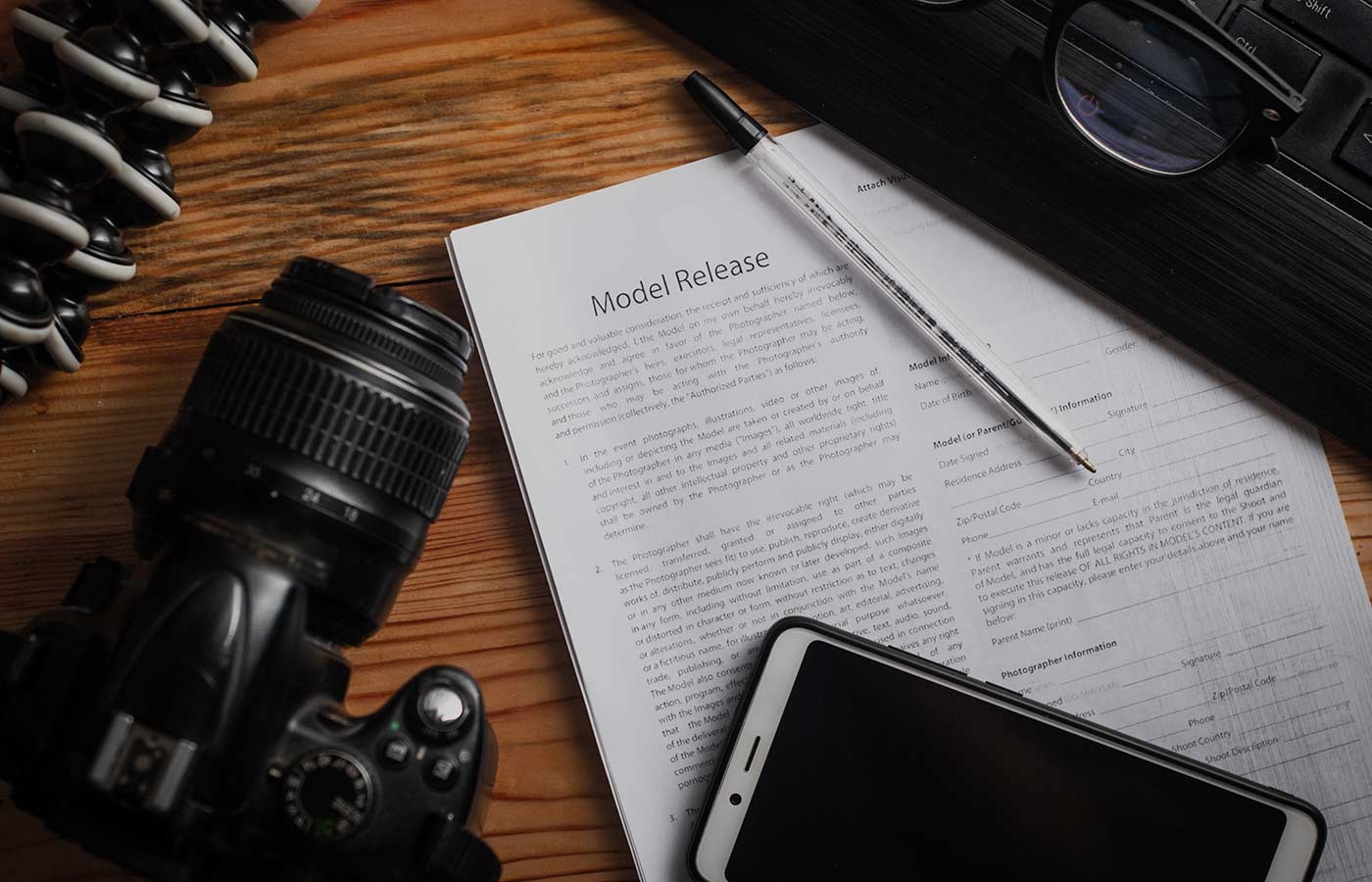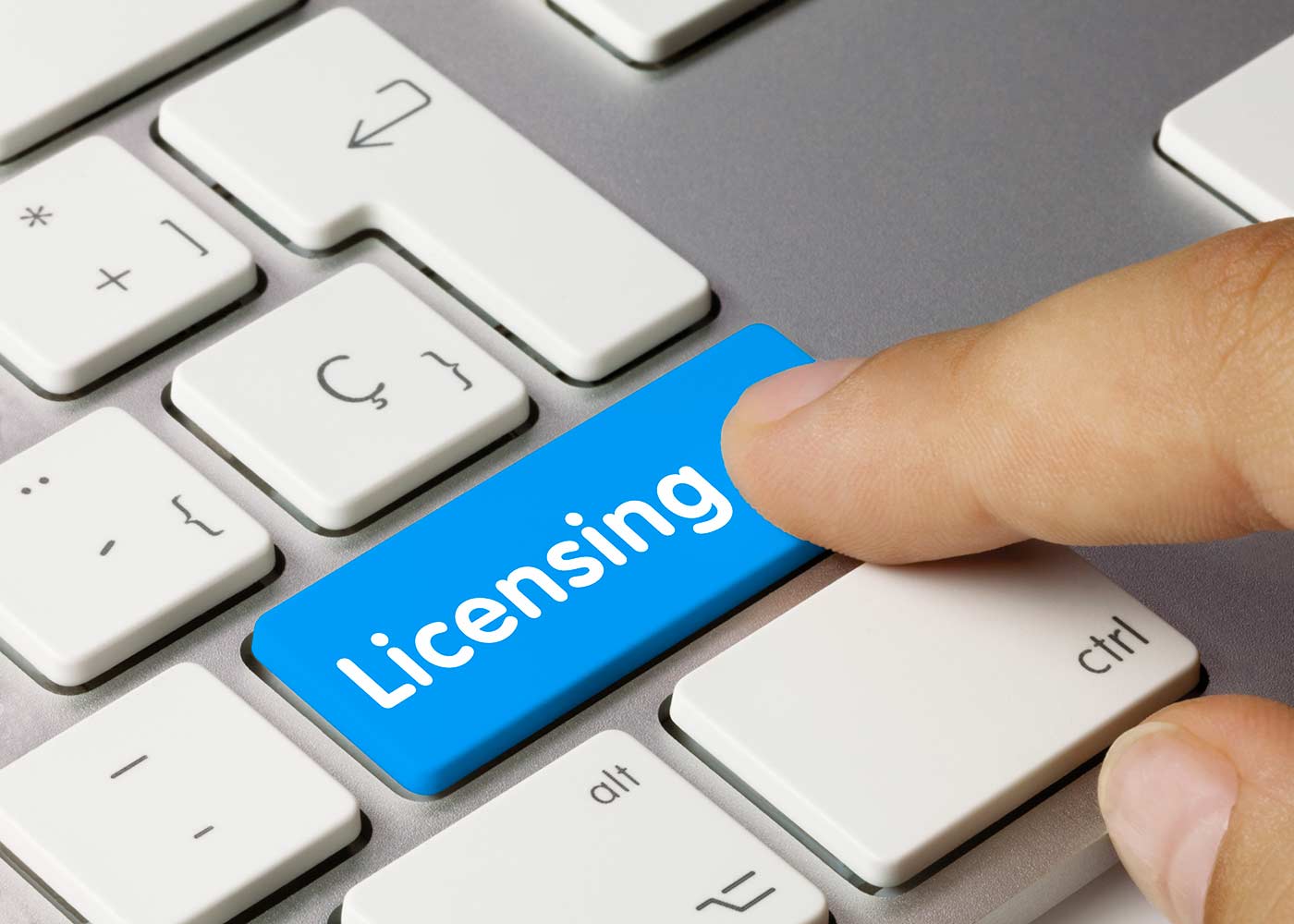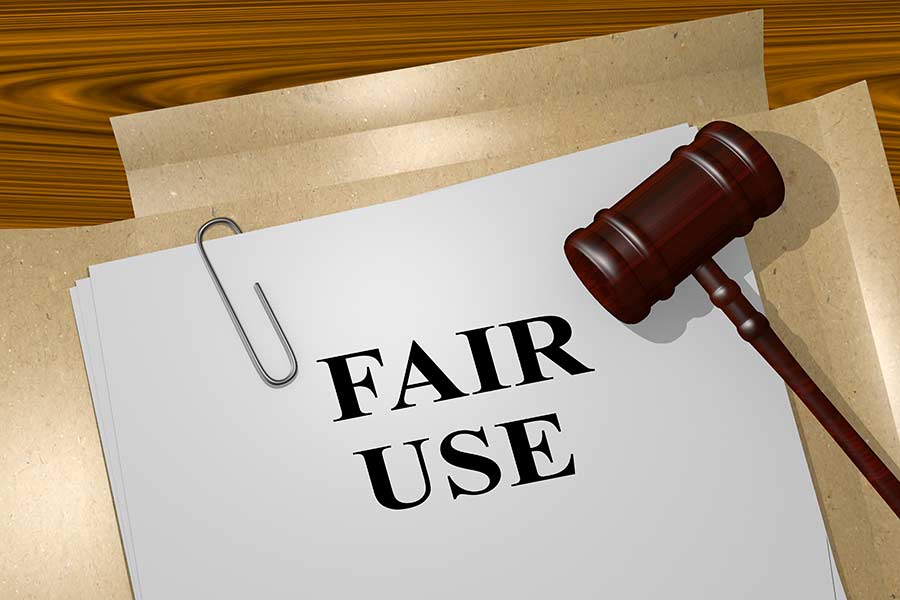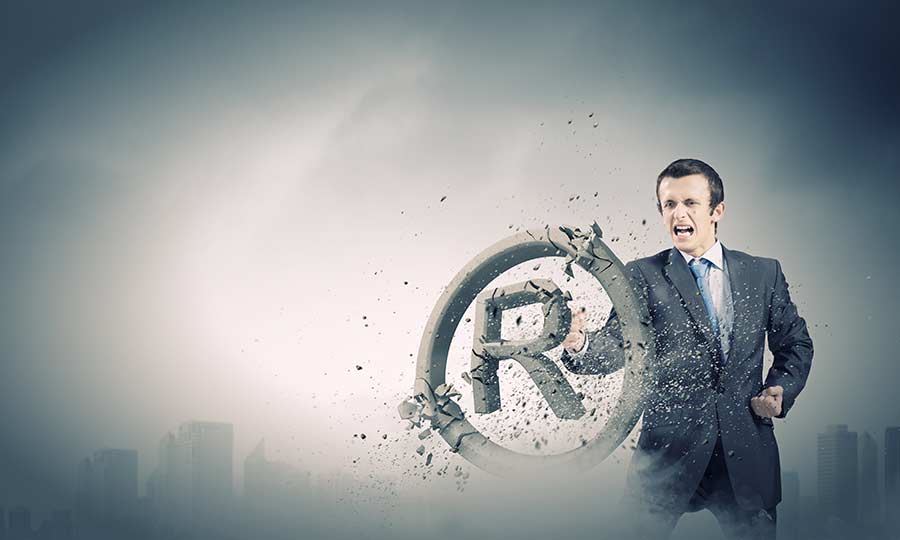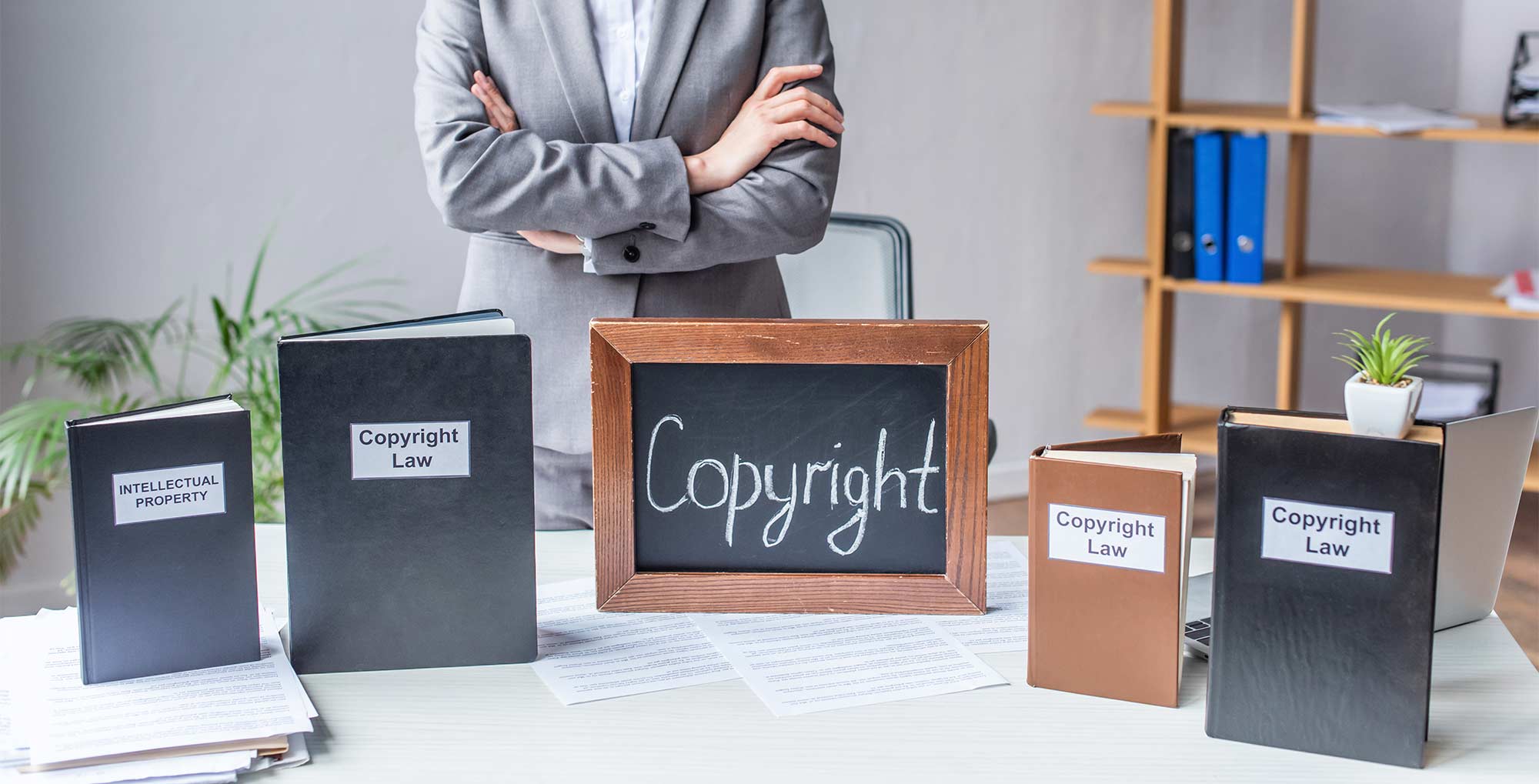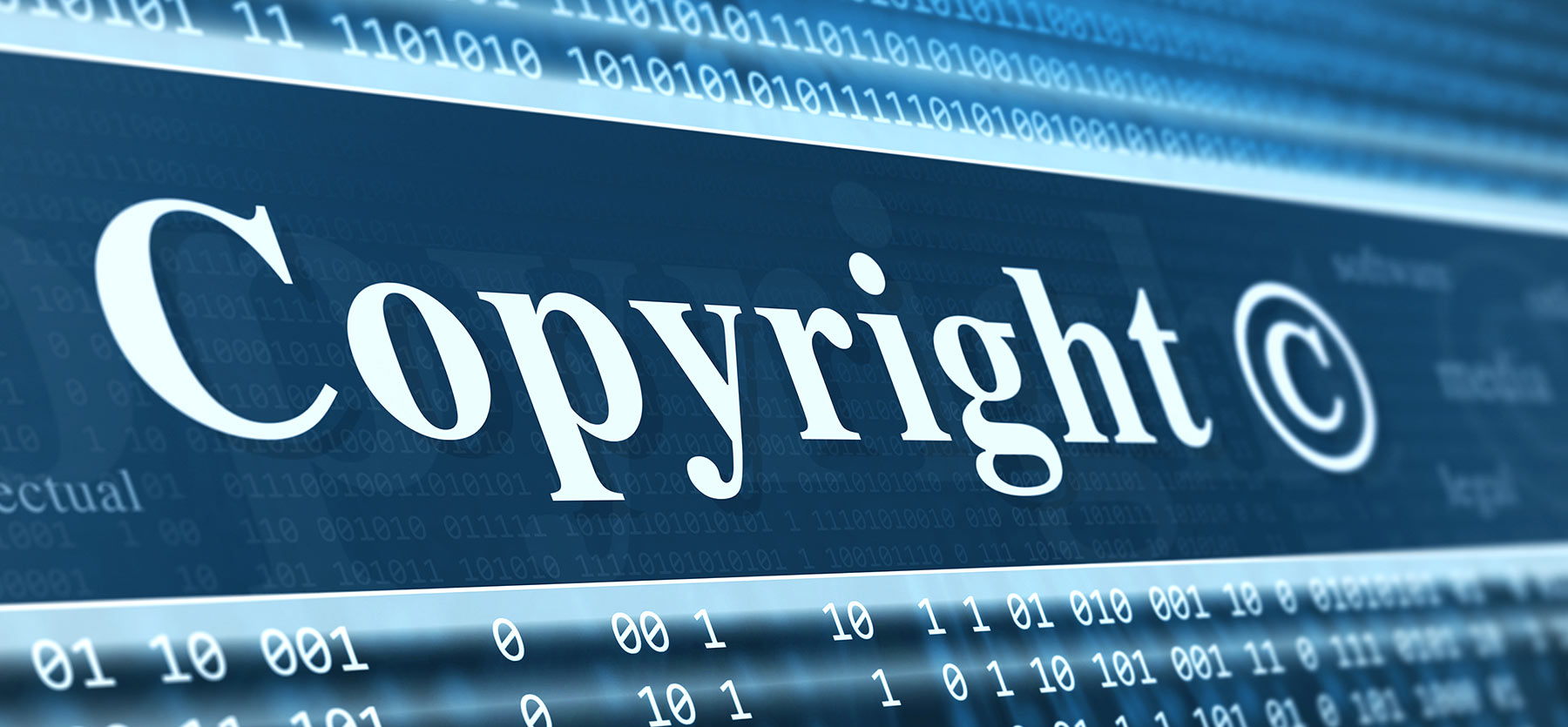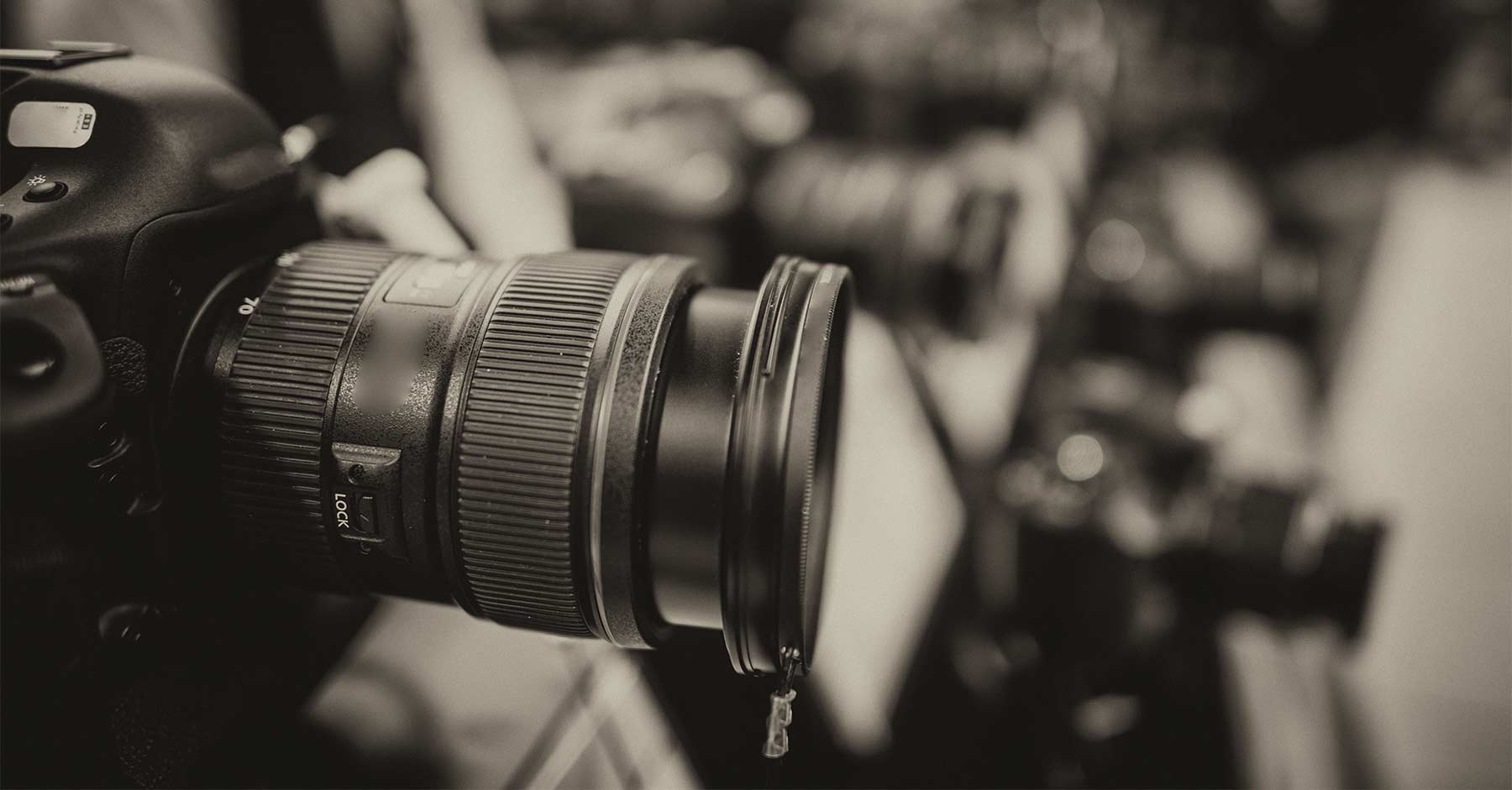What Professional Photographers Should Know About Model Release Forms
Photographers can make a living in various ways. Some take formal portraits or photograph events. Others are landscape photographers who sell creative, artistic photos of nature. There are paparazzi photographers who snap candid shots of celebrities and sell them to magazines and others who take pictures for advertising or fashion campaigns.
Various types of photographers might have different copyright issues or questions about their legal rights and responsibilities.
For example, some professional photographers often wonder about model releases. What are they for, and when are they required? Surprisingly, some photographers think model releases are always a good idea, while others find them unnecessary.
When you have questions like these, speaking with copyright lawyers can help ensure that you clearly understand your legal rights and obligations when it comes to professional photography.
If you are a creative professional who needs help with a copyright-related issue, call Sanders Law Group for a free evaluation of your case.
Here, our US Copyright Attorneys at Sanders Law Group share some general information about the basics of model releases.
What Is a Model Release?
A model release is a contract. It exists between the photographer and the human subject of the photograph. It gets signed by both parties and gives the photographer permission to utilize the photograph in specific terms – usually for commercial purposes – according to the release. A model release intends to protect the subject and the photographer.
When Should You Use a Model Release?
A key component of when you should use a model release is whether the photograph will be published and used for commercial purposes. In other words, taking the photo does not require a release. The release becomes important depending on what you do with the image.
Does Publishing a Photograph Require A Model Release?
Yes, if the photograph implies that the subject is endorsing something like a product, organization, or business.
The same is true if the photograph is actually for advertising; it is not just implied.
When Is a Model Release Not Necessary?
No model release is needed when a photograph is published for news purposes, artistic expression, or educational purposes. However, there are always exceptions to this. It might be best to get one anyway.
Does Selling a Photograph Require a Model Release?
Not necessarily. The act of selling a photo does not require a release. However, the buyer might demand one, so they can publish the picture the way they want.
Why Photographers Should Get Signed Model Releases
A model release agreement permits a professional photographer to use the photos for commercial purposes. It gives the photographer the right to earn money from the pictures by selling, reproducing, using them on products, advertising, or any other way deemed appropriate.
In most model release forms, the model also waives the right to sue the photographer for claims arising from the use of the pictures.
What Are the Components of a Model Release Form?
Each model release form should contain some basic terms such as:
- That you or your employer has rights to the photographs
- That the model relinquishes rights to the photographs
- How you or your employer intend to use the pictures
- Terms of compensation for the model
Some states might require specific language or terms. It is important to ensure your model release protects your rights and is enforceable.
Speaking with experienced attorneys who can help you draft your documents is a good idea.
Call US Copyright Attorneys at Sanders Law Group
Call our office today if you are a professional photographer and have a copyright issue or need assistance negotiating licensing agreements, creating model release agreements, or other contracts related to your photography business.
Sanders Law Group helps creative professionals around the globe. We strive to protect people like you from copyright infringement and obtain the maximum compensation when someone violates your rights. Call our US Copyright Attorneys today at (800) 979-3707 for a free case evaluation.


